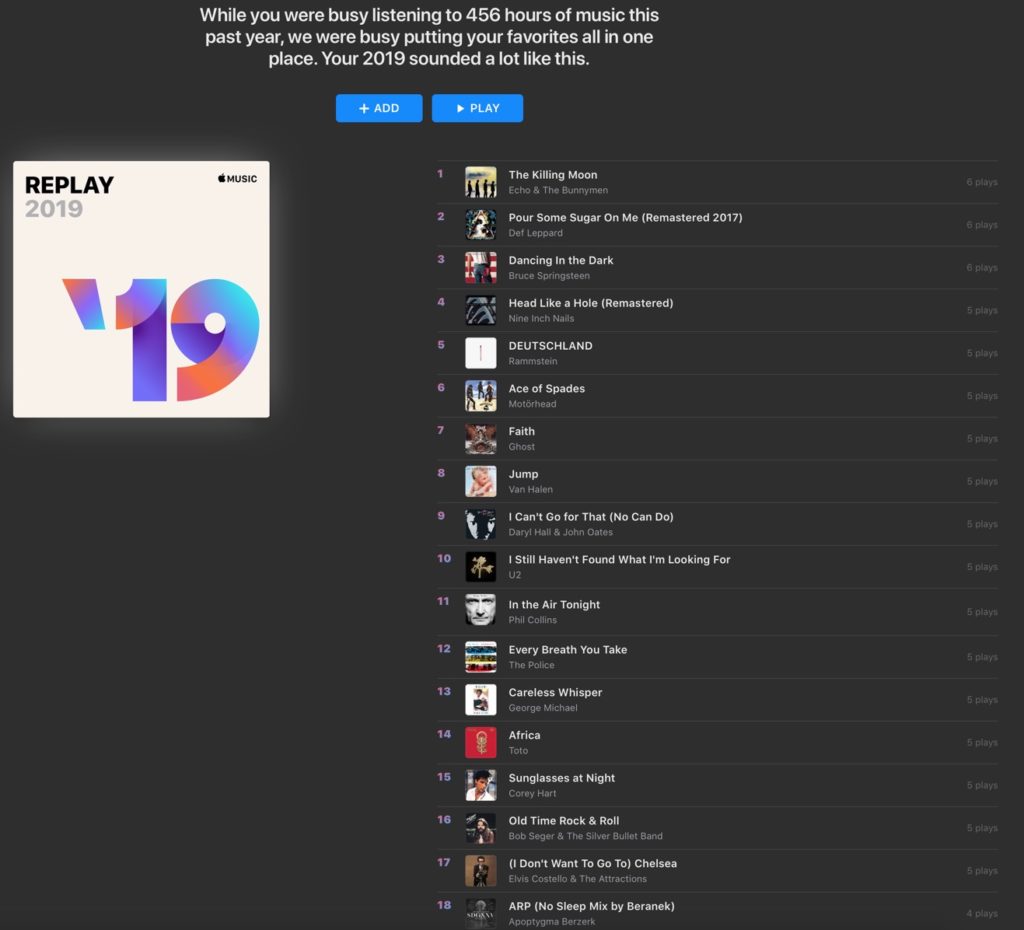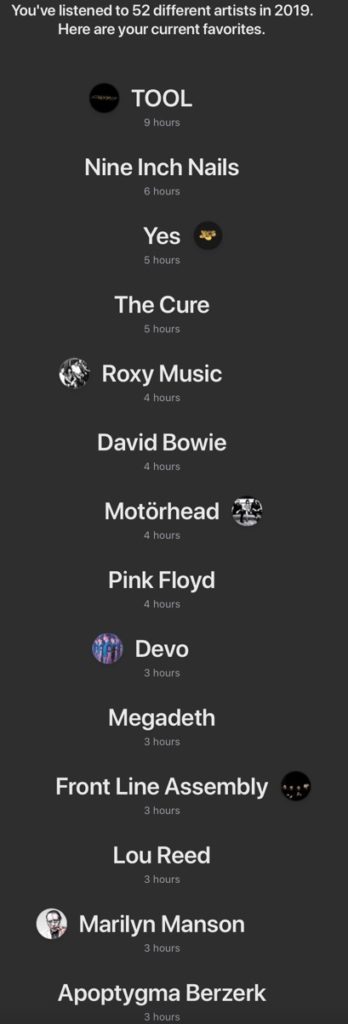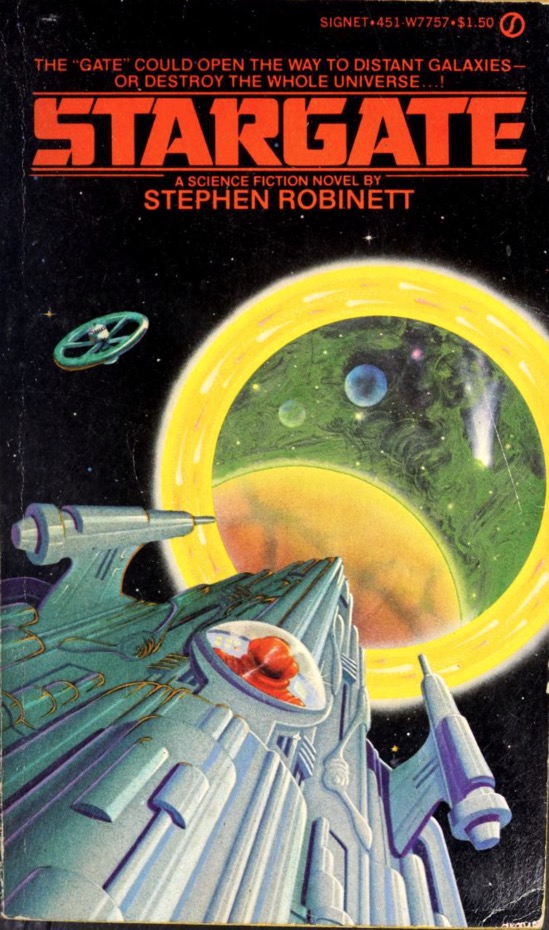I'm much more a fan of George R.R. Martin's SF than his fantasy/"English history for C-average history students" aka "A Song of Ice and Fire". "Nightflyers" is a good novella, but it has maybe an hour or two of content, so the show at 10 hours is ridiculously expanded and bears only the slightest resemblance to the story.
Royd Eris in the book is enfeebled, a pasty white slug in an acceleration couch, has no immune system, has never touched a living Human, has no crew, and runs the ship by advanced automation. In the show, he becomes Roy, big black dude, and while he hides in his deck for a while, he's fit and strong and can totally come out and fuck the passengers when he wants. I had a theory about how they reconciled this, which was later revealed to be (mostly?) correct. I would have preferred the original cameras & holograms version.
In the show there's an angry mob of crew and a bald Picardian asshole XO so you can get reactions, and as victims.
The big reveal of the book was the force on the captain's side of the ship, and the horrible logic of how you survive it. In the show, that's introduced early and it doesn't have any of the original powers, personality, or origin. It's the least of your problems.
Telepathy and telekinesis are big drivers of the book, and while there's a telepath on the show, he's irrelevant, a walkie-talkie would be just as useful but they don't seem to have any. The second teep was changed in the show, probably so they could film more psychic sex scenes. Later they talk about "teke" as some kind of magical psychic powerup energy, not "telekinesis".
In the book, Humans have FTL and know (and have warred with) many alien races, thousands of years after leaving Earth, the volcryn are a legend of a slow-moving STL fleet in the void between the stars, where no FTL race goes; a mystery but not Humanity's one big chance. In the show, Humans have only recently reached space and have STL, and the volcryn are the only hope of getting FTL before using up the Solar System or some such nonsense.
So, as opposite as you can get.
First few episodes are setup and world-building, and here it's pretty good. It's Actual Science Fiction (that is, fiction about science, and not contradicting reality) in most parts. The ship looks pretty good, a big spinning ring with habitat pods on the ends, and the "ship" in the middle. Gravity is never really addressed; they have artificial gravity in the book, so I don't know why there's a ring here. We rarely see any pod interior except the "terraform" pod with a forest and bees, and a cargo pod full of crates and the telepath's shipping container.
Halfway thru, something goes very wrong with the writers.
S1E6, the show introduces a derelict ship, and this suddenly becomes a terrible episode of Space:1999. I'll just say this: Human cloning requires a food source. You can't make food from nothing by jerking guys off and cloning people; it's so fucking stupid. At least in Rick & Morty's Froopyland (S3E9, "The ABC's of Beth") there's an entire world of biological matter, and breeding hybrid babies just makes edible food out of them.
S1E7, the telepath wanders around being a plaything for the crew, who again shouldn't exist. The cyberneticist has her fantasy world of a 1950s diner shattered by a little black girl being there. Karl goes more crazy about his dead daughter.
S1E8 is the terrible Michael Crichton bio-horror ep with bad mushrooms. The show's really coming apart, no semblance of main story arc, just disconnected events.
S1E9 finally remembers the mission exists, the telepath makes contact with the volcryn in a way that greatly contradicts the book, the annoying xenobiologist goes crazy and there are deaths, but not the ones of the book.
S1E10 has everyone else go crazy, "Mom"/cyberneticist gets dumbass Picard to sabotage the drives which we know only genetic superwoman can fix, Karl goes out to meet the volcryn/hallucination of his dead daughter. Show comes to a confusing, incomplete end.
Happily this mess has been cancelled.
If they'd kept the tone of E1-E5 and just finished up the original volcryn story, "Mom" killing almost everyone, and genetic superwoman and what's left of Royd flying off forever, this could've been salvaged. I don't know what happened to the writers at S1E6, but that should never have happened.
★★★☆☆ at the start, ★☆☆☆☆ by the end.



